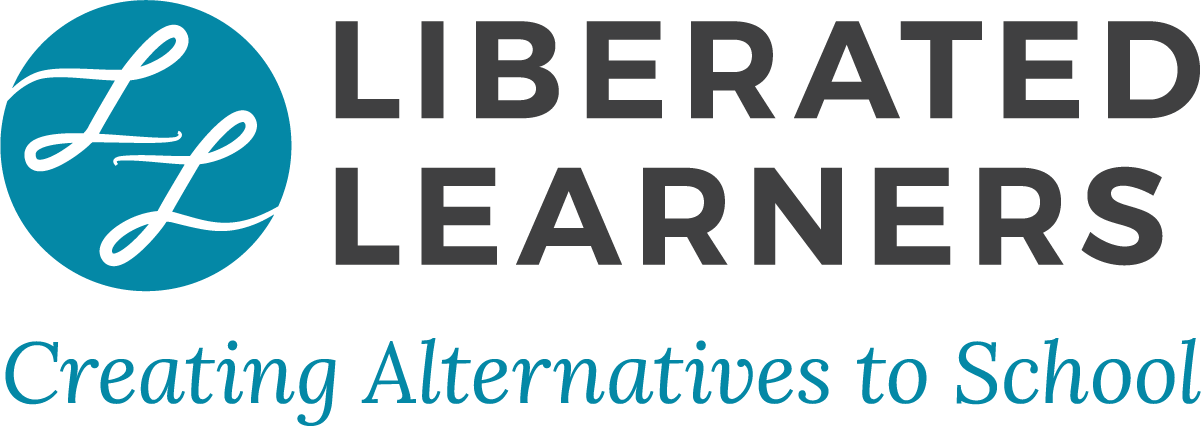By Ellen Morbyrne
Being a parent is rough, right?
Let’s not talk about the physical challenge of growing and birthing a whole human being, and let’s not talk about the ongoing physical challenge of nursing and cleaning and feeding and caring for that tender little creature for YEARS and YEARS and YEARS. (Which holds true whether you’re a biological parent, an adoptive parent, a step-parent, or any kind of parent, no matter when in a child’s life you enter this relationship.)
Let’s just talk about the fear.
Okay, World, here is this young being I have painstakingly loved and cared for and let fall down and then picked back up, and for whom I am a champion, advocate, defender, sounding board, advisor, punching bag, jungle gym, beacon, obstacle, inspiration, and yes, you guessed it, driver.
Here, World, is this wondrous being who has consistently blown my mind for the entirety of our relationship. I have been delighted, appalled, entranced, shocked, and continually surprised by all the wisdom, stupidity, curiosity, sensitivity, tenacity, fragility, and glorious capacity of this young person for as long as I have had the exhausting and awesome privilege of knowing them.
And now, World, here my beloved child comes, full-speed right into you. They will move at their own pace (almost guaranteed to be either the agonizing snail pace or the terrifying break-neck pace that is most challenging for me, the observant and doting parent). They will make their own choices about EVERYTHING and at the end of the day there is actually only a small slice of those choices in which I have any real say.
Because, and here is the real kicker, each child is actually their own unique self.
Each child is their own independent creature. A being separate from me in every way but for whatever way they choose to reach out to me and stay connected. And I can rant and rail about this if I choose, I can bite my nails to shreds over each risk they take or each fall I see ahead of them.
I can, in fact, easily create the very barriers to connection with my child that I am afraid of.
When we’re dealing with a toddler it’s relatively simple to insist on boundaries about obvious danger. The older our children become, however, the more we lose the gift of that clarity. And so we might forsake trust in our effort to protect. The problem with having a regular practice of choosing preemptive protection over trust is that while we attempt to protect our children from hypothetical danger, we will instead pay the price of losing connection with our children – a connection that, in the long-term, actually offers them greater safety.
This holds true for all kinds of life decisions our kids might make – choices about friends, academic pursuits, concerts, jobs, colleges, and yes, the color of their hair.
We already know, as parents, that teenagers are going to make mistakes. We probably watched those now-smelly-and-adolescent feet with absolute adoration as they tried, over and over again, to support the weight of a determined baby. We know they are going to fall, repeatedly. We have already experienced this. But what is somehow much harder to remember as they get older is that we have also watched them stand on their own. They learned to walk by themselves. They learned to climb without our protective hands under them. They learned to run and jump and to get back up after even the nastiest boo-boo. They learned to ask for help when they needed it and we taught them self-confidence when we showed them they could trust us because we answered every time they asked, and sometimes when they didn’t know how to ask.
What teenagers need desperately is to feel trusted. To know that they get to strive, and fail, and strive again. To know that if they ask for help we will reply with aid. To know that we are paying attention to them, and
may ask them unbidden if they need help because maybe they’ve forgotten how to ask for it or don’t realize that’s an option inthis moment. Teenagers also need to know, concretely, that we will take no for an answer. That we (their parents, their educators, their mentors, the adults in their lives) do, absolutely, trust them.
Being a parent is rough, for sure. Oh, no worries, there goes my whole heart again, see, there it is living in the body of that crazed and unpredictable jumble of hormones and explosive brain development and totally raw emotions running around (or slouching around) on its own. No worries, right?
Of course, we do worry. Because, after all, that ridiculous bundle of humanity is our own beloved child.
But every single time that I, for example, have felt the creeping insidiousness of fear taking over my parenting decisions, rather than that much deeper place of love and trust that is where I want to be when I interact with my children, I have had it proven to me, over and over again through the amazing prisms of my own children, that trust is the only way to go. When I trust them, they simply blossom, whether in the throes of mistakes or of wild success. And perhaps more importantly, when my children can count on my trust in them, they continue to trust me. As a parent, there is very little more that I could ask for in a long-term relationship as meaningful as the one we build with our kids. Share this Post

